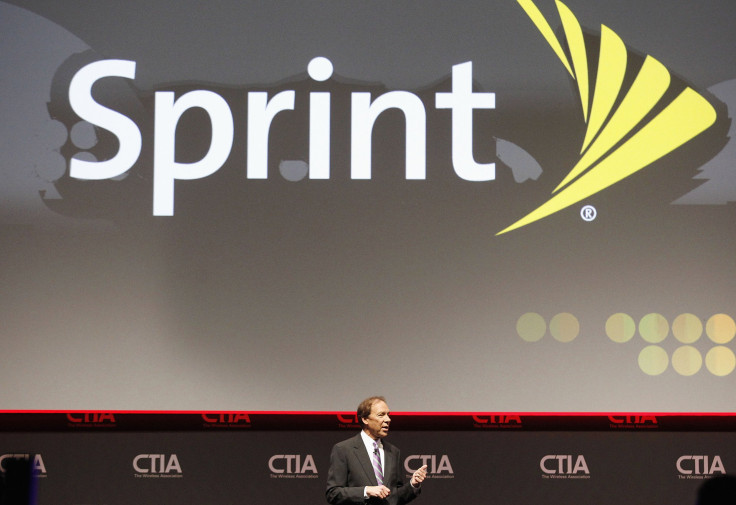US Government Complains that Sprint Wiretaps Cost $21 Million Too Much

The U.S. government has complained that telecoms provider Sprint Corporation (NYSE:S) overcharged it by $21 million, or 58 percent, for the company’s work on court-ordered wiretaps, reports CNET.
A wide swath of government agencies, including the FBI, the Drug Enforcement Agency (DEA), the Bureau of Alcohol Tobacco and Firearms (ATF), and the Immigration and Customs Enforcement (ICE) were allegedly affected.
The allegedly inflated charges resulted in extra costs of $21 million from January 2007 to July 2010, according to the legal complaint filed Monday.
Sprint is one of the largest U.S. wireless carriers and is sometimes called upon to assist authorities with investigations, potentially by handing over information. Gathering the information is done through wiretaps, which in turns requires installing equipment. The government often reimburses companies for installing such equipment.
Sprint submitted “false claims for reimbursement of expenses,” reads the complaint. “Sprint’s invoices for intercept charges did not identify the particular expenses for which it sought reimbursement.” The government requests triple damages in penalties alongside civil fines.
Sprint submitted over 29,000 false claims to law enforcement agencies over that period, according to the government. The DEA footed the biggest bill, at $20.9 million, parts of which are contested.
“Under the law, the government is required to reimburse Sprint for its reasonable costs incurred when assisting law enforcement agencies with electronic surveillance,” a Sprint spokesman told CNET. “The invoices Sprint has submitted to the government fully comply with the law.”
The 1994 Communications Assistance in Law Enforcement Act, passed by Congress, required telecommunications carriers to ensure that their equipment could help the government snoop on consumers, pursuant to a court order. Congress spent $500 million over four years to help implement parts of the legislation, court documents show.
But a 2006 ruling by the Federal Communications Commission added fresh restrictions on telecom companies, the government argued. That ruling grounds the accusation of inflated charges.
© Copyright IBTimes 2024. All rights reserved.




















